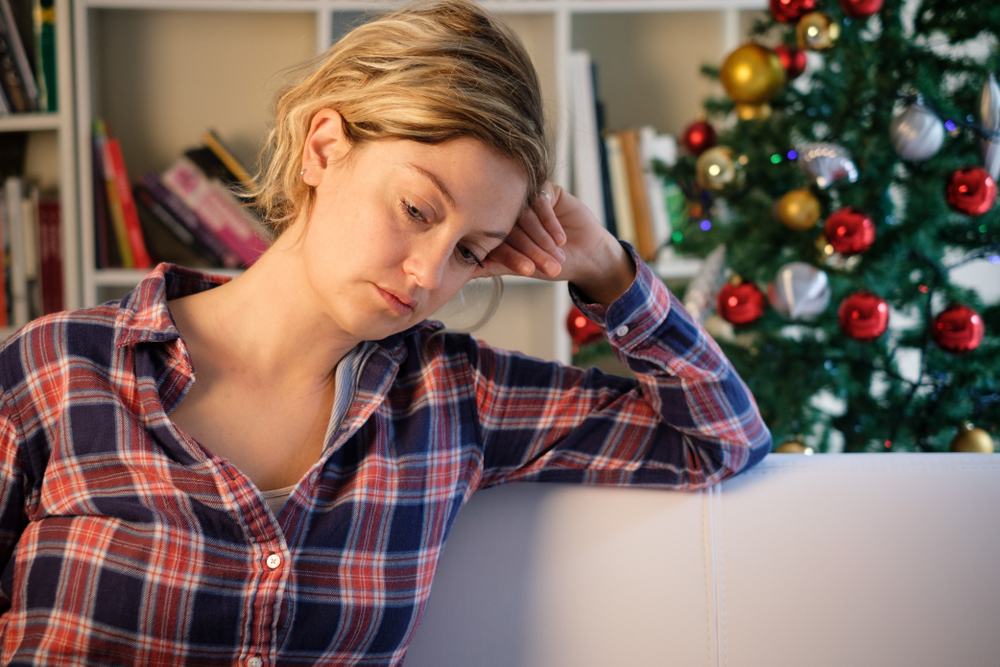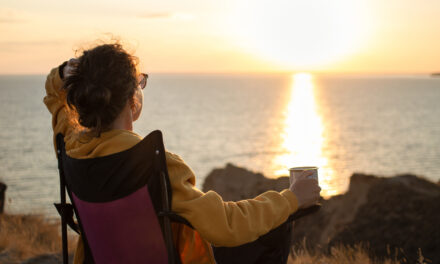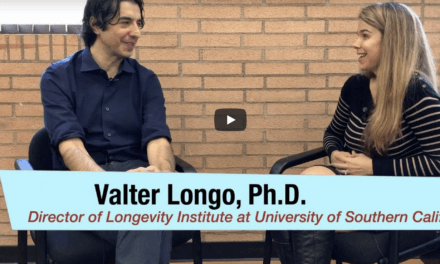How To Spot And Cope With Holiday Depression

This holiday season, the number of people with depression is expected to increase due to COVID-19.
Here, Jed Magen, chair of the psychiatry department at the College of Human Medicine and College of Osteopathic Medicine at Michigan State University, offers advice on how people can cope with depression through the holiday season:
What are the symptoms of depression?
You may have depression if feelings of sadness or emptiness don’t go away within a couple of weeks. Other emotional symptoms include:
- Extreme irritability over seemingly minor things
- Anxiety and restlessness
- Trouble with anger management
- Loss of interest in activities, including sex
- Fixation on the past or on things that have gone wrong
- Thoughts of death or suicide.
Physical symptoms include:
- Insomnia or oversleeping
- Debilitating fatigue
- Increased or decreased appetite
- Weight gain or loss
- Difficulty concentrating or making decisions
- Unexplained aches and pains
- Low self-esteem and guilt, poor concentration, and frequent absence from school in children and adolescents
- Unexplained memory loss, sleep problems, or withdrawal could be signs of depression or Alzheimer’s disease in older adults.
What is it about the holidays that trigger depression?
Holidays can be difficult for a couple of different reasons. First, if you have had a loss, the first holiday, in particular, can be difficult. Like so much else, this year has its own oddities. We are all told, correctly, to keep celebrations down to only people in our homes. So, if you cannot see loved ones and you can’t celebrate the holiday as you usually do, surrounded by those you love, it can be very difficult. For some people, the anticipation of a holiday and the excitement of getting ready results in a letdown when it’s over, especially when the holiday itself doesn’t measure up to expectations. Finally, there is the letdown after the holiday when people leave. You don’t have something to point toward so you feel demoralized or depressed.
How might the stress of COVID-19 affect those who are already depressed?
As we all know, this is a very unusual year in multiple ways. Not being able to see loved ones we usually see can be very distressing. Add to that the anxiety people feel about themselves and others staying healthy, and you have a mix that will cause a lot of distress. One of the big issues we have is that this kind of stress is not controllable. If we are stressed by something going on at home we might be able to modify whatever it is. That is clearly not possible with COVID-19.
If people used to get stressed or depressed about being around family, will quarantine be a sense of relief—or unleash all-new stressors?
Depends. In my field, kids who are anxious about school are often perfectly happy to stay home and do online schooling. Similarly, some people are going to be fine not having anyone over for the holidays. Others who don’t do well with people around, but still feel badly being alone, are probably going to continue to feel badly.
What do you do when you are depressed and your family is coming?
First, it’s difficult to hide depression. The likelihood is someone will notice you are not yourself. If you have close people in your household, let them help you tell others in the family that you are having a difficult time. You may want to have others take on more of the work of preparing for the holiday and accept help gracefully because it is the case that people are usually trying to help because they are concerned.
THE US NATIONAL SUICIDE PREVENTION LIFELINE IS 800-273-TALK (8255).
If you are depressed, be sure you get the help you need. Therapy is very effective for depression as are some medications.
If you develop thoughts about ending your life, you need to let someone know right away, call a helpline, or go to an emergency room for an evaluation.
What other suggestions do you have for people suffering from depression during the holidays?
Being more open about depression is often helpful. You don’t have to put energy into hiding feelings. Humans are social animals and we almost always do better with others than without.
Editors Note:
Author:

Kim Ward
A proud graduate of Michigan State, Kim has more than 25 years of experience in strategic public relations and media relations. She has held public relations and communications management positions at the College for Creative Studies, Thomson Gale, The Stroh Brewery Company, and the former NBD Bank. Kim is accredited in public relations by the Public Relations Society of America and earned a master of science in administration, emphasis in communications management, from Central Michigan University. As part of the media communications team, Kim develops and implements public relations programs to promote MSU’s outstanding research.





